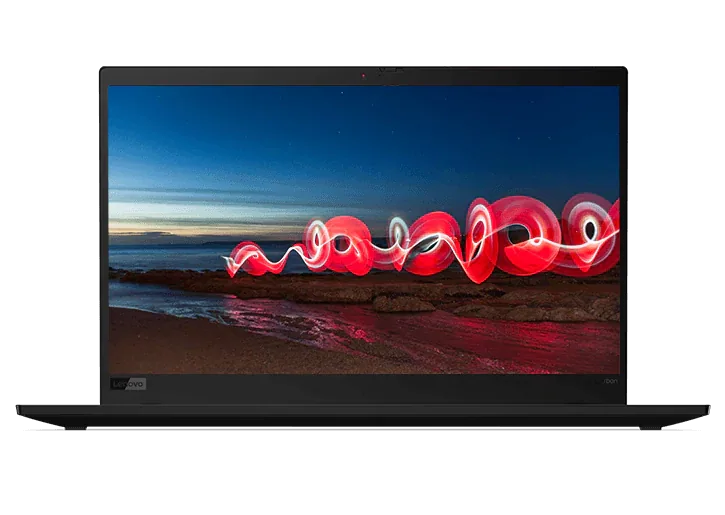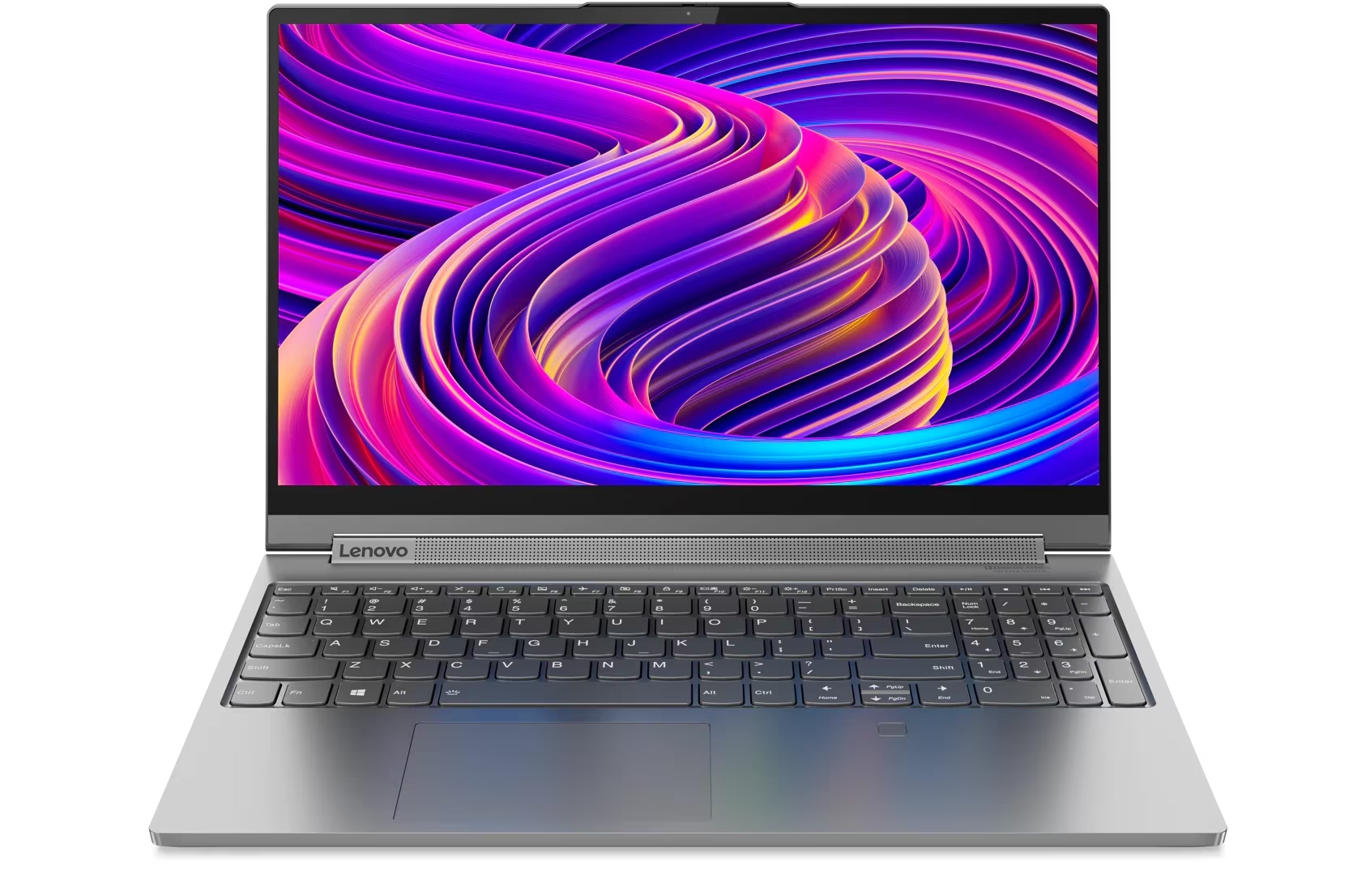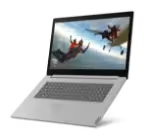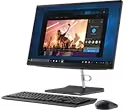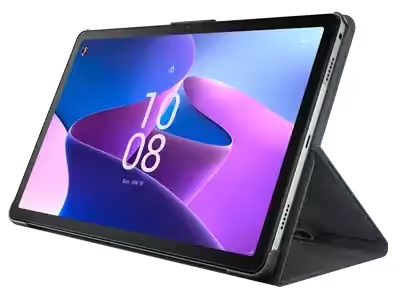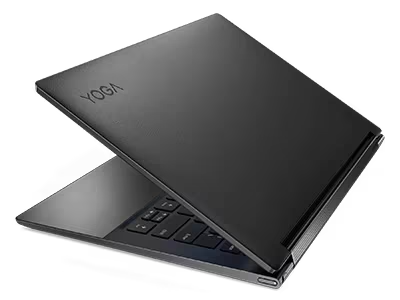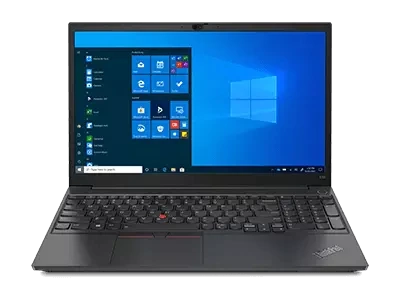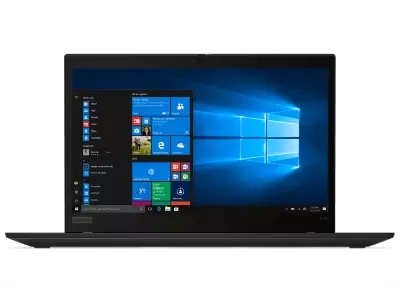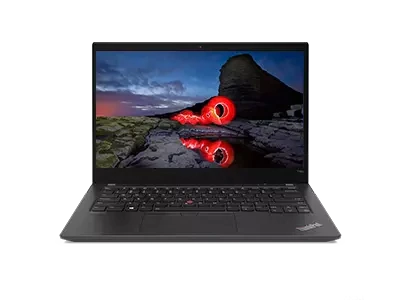What exactly is setting up a remote desktop? Why do people set up a remote desktop?
Setting up a remote desktop enables remote access to Windows computer devices. This often proves necessary in the IT industry as IT professionals may have resources spread out amongst multiple devices, as well as in the cloud. Also, working professionals may want to setup a remote desktop so that they can work from home.
How do I enable and set up a remote desktop?
The process is two-fold: You must enable remote connections on the Windows computer you want to connect to, as well as enable Remote Desktop on the computer you want to work from.
Enabling Remote Connections on the Computer Being Connected To:
- Click the Start button, right-click on Computer, and then click Properties.
- Under Properties, click the Remote tab. If prompted for an administrator password or confirmation, enter it here.
- Under the Remote tab, there is a section titled “Remote Desktop.” Select one of the three options: 1) Don't allow connections to this computer; 2) Allow connections from any computer running Remote Desktop; or 3) Allow connections only from computers running Remote Desktop with Network Level Authentication.
- Once you've selected an option, click on the Select Users button. If you are already an administrator on the computer, then your current user account will be added to the list of remote users automatically. If not, you will need to complete steps five and six.
- To add a user account, click Add in the Remote Desktop Users dialog box.
- In the Select Users or Groups dialog box, complete one of the following tasks: 1) Click Locations, and then select the location you want to search; or 2) Under Enter the object names to select, type the username that you would like to add, and then click OK. Once a new username has been added, the name will appear in the Remote Desktop Users dialog box. Complete the process by clicking OK.
Enabling Remote Desktop on the Computer You Will be Working From:
- Click the Start button.
- In the search box, type “Remote Desktop Connection,” and then click Remote Desktop Connection from the results list.
- In the Computer box, enter the name of the computer that you want to connect to (see the next question for more details on this step) and click Connect. If you know the IP address of the computer you wish to connect to, you can use this as well.
How can I access the computer name of the remote computer?
To find the computer name, complete the steps below:
- On the remote computer, click the Start button, right-click on Computer, and then click Properties.
- Under Properties, navigate to Computer name, domain, and workgroup settings; there you can find your computer name (including its full name should your computer be on a domain).
How can I allow remote desktop connections through a firewall?
In some cases, a firewall may block access even after you have completed the steps outlined above. If this is the case, complete the steps below:
- Click the Start button on the remote computer (the computer being connected to) and then select Control Panel.
- Select System and Security.
- Under System and Security, find the section titled “Windows Firewall,” and select Allow a program through Windows Firewall.
- Click Change settings and mark the box next to Remote Desktop. Then simply click OK to save your changes. You should be able to remotely connect to the computer now.
Have more questions? Our Small Business Team is here to help. Talk to a Lenovo Pro business solutions expert at 1-866-426-0911.
